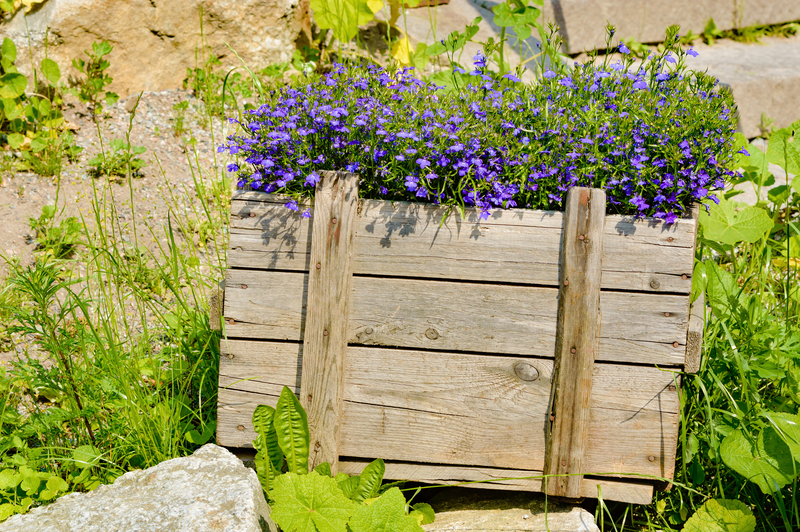Understanding the Importance of Green Waste Reduction
Green waste reduction is not only vital for preserving our natural resources but also for minimizing landfill usage and conserving energy. By adopting effective waste reduction techniques, individuals and communities can significantly decrease their environmental footprint.

Green Waste Explained
Green waste refers to organic material that can be composted, including grass clippings, branches, leaves, and other plant matter. While seemingly harmless, improperly managed green waste can decompose anaerobically in landfills, releasing methane, a potent greenhouse gas.
Benefits of Reducing Green Waste
- Environmental Protection: Reducing green waste helps lower greenhouse gas emissions.
- Soil Enrichment: Composting green waste returns vital nutrients to the soil, enhancing plant growth.
- Cost Savings: Less waste results in reduced disposal costs and potentially lower waste management fees.
- Resource Conservation: Properly managed green waste extends the life of landfill sites.
Effective Techniques for Green Waste Reduction
1. Composting at Home
One of the simplest and most effective methods for reducing green waste is by composting. By composting, you can transform organic waste into nutrient-rich material to be used in gardening and landscaping.
- Choose an Ideal Location: Set up your compost pile in a shaded area with good drainage.
- Layering is Key: Alternate brown materials, like dried leaves, with green materials, like kitchen scraps and grass clippings.
- Maintain Moisture: Keep the pile moist, not wet, to foster decomposition.
- Turn Regularly: Aerate the compost by turning it with a pitchfork to speed up the composting process.
2. Grasscycling
Grasscycling involves leaving grass clippings on your lawn after mowing, which allows them to decompose naturally. This reduces the volume of waste and nourishes the lawn.
- Use a Mulching Mower: A mower with mulching capabilities chops the grass finely for easy decomposition.
- Maintain Grass Height: Regular mowing prevents excessive clippings, which can smother your lawn.
3. Incorporating Native Plants
Native plants are adapted to local climates and require less maintenance, thus reducing yard waste and the need for fertilizers.
- Choose Local Species: Pick plants that are endemic to your region for your garden.
- Diversify Plant Types: Include a variety of species to create a balanced ecosystem and reduce pest problems naturally.
4. Vermicomposting
Vermicomposting uses worms to expedite the composting of organic waste, resulting in high-quality compost called worm castings.
- Select a Suitable Bin: Use a shallow bin with ventilation for your worms.
- Choose the Right Worms: Red wigglers are most efficient for vermicomposting.
- Monitor Conditions: Maintain appropriate moisture and temperature in the bin to keep worms active and healthy.
5. Community Involvement and Education
Community involvement in green waste reduction can have a profound impact. Through educating residents and organizing community groups, collective efforts can lead to significant reductions in waste output.
- Start a Program: Initiate a local composting program or a green waste collection service.
- Educational Workshops: Conduct workshops to teach community members about the benefits and methods of waste reduction.

Green Waste Management Technologies
Innovative technologies are at the forefront of optimizing green waste management. These technologies help streamline waste processing and improve the efficiency of turning waste into resources.
Smart Waste Bins
Equipped with sensors, smart waste bins can segregate waste types and optimize collection routes, reducing fuel consumption and emissions.
Advanced Composting Systems
Industrial-scale composters and digesters accelerate the breakdown of organic matter, producing compost and energy in a sustainable manner.
App-Based Tracking
Apps that track waste generation and provide tips on reducing organic waste can encourage consistent waste-reduction practices among users.
Conclusion
Reducing green waste is an achievable goal regardless of your living situation. Whether through composting, using native plants, or engaging with community initiatives, every effort counts towards creating a more sustainable world. By embracing these green waste reduction techniques, we not only foster environmental stewardship but also pave the way for future generations to thrive in a healthier planet.